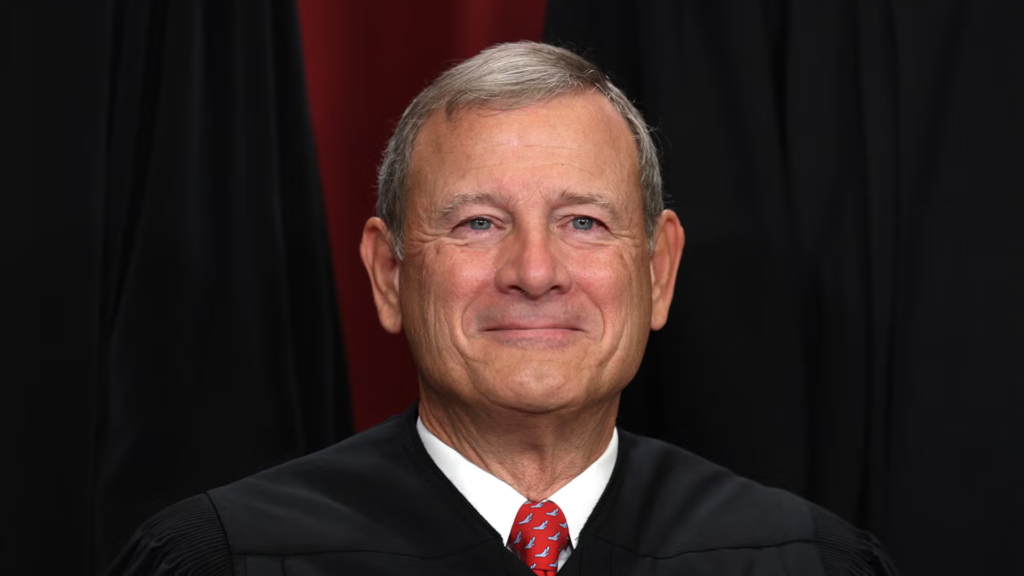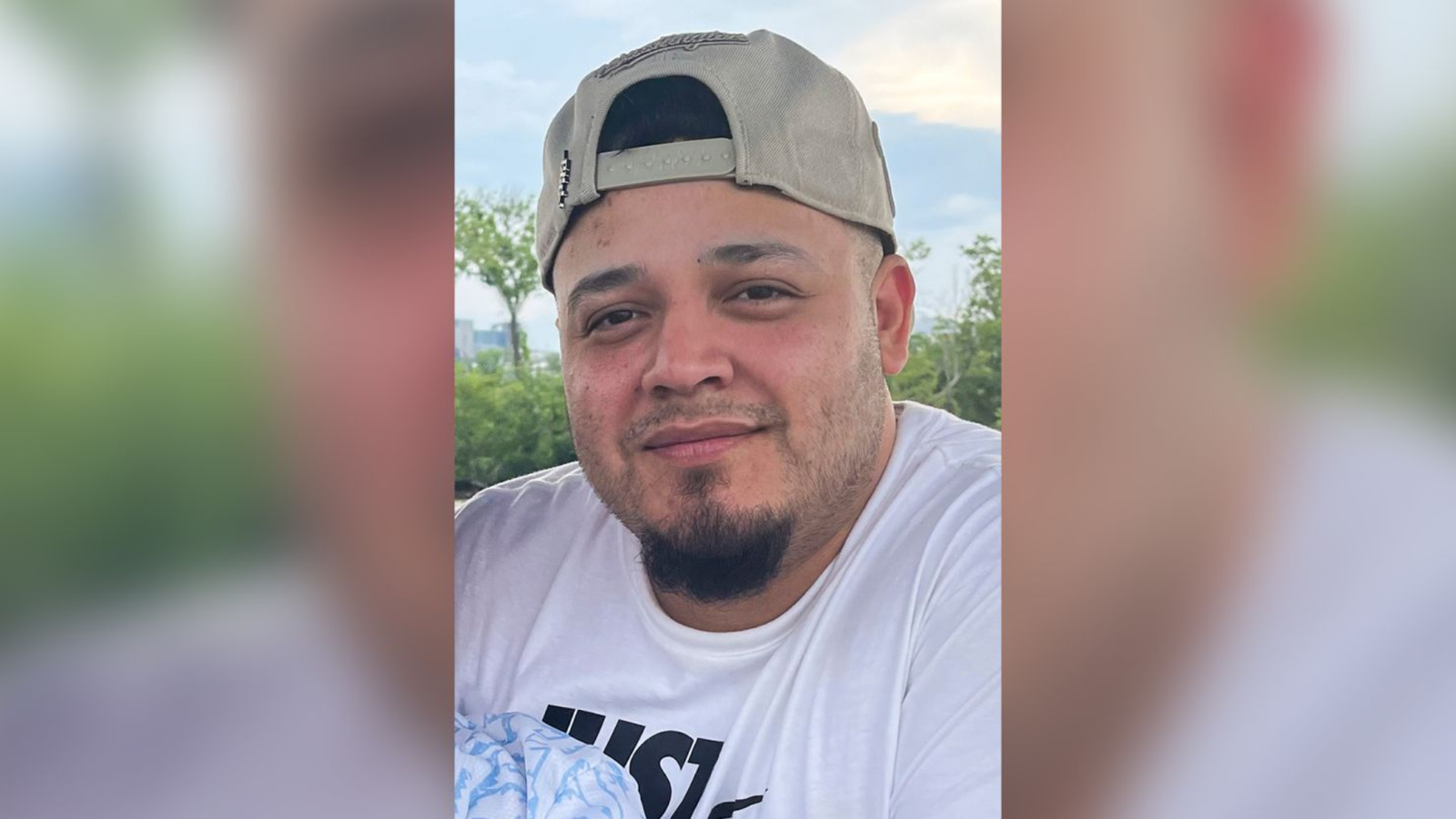
Supreme Court Chief Justice John Roberts has temporarily blocked a lower court order requiring the return of Maryland man, alleged MS-13 gang member, Kilmar Abrego Garcia, back to the United States by midnight on Monday.
The emergency action came in response to a request filed earlier in the day by President Donald Trump’s legal team, seeking to pause the ruling issued by U.S. District Judge Paula Xinis.
Judge Xinis, serving in the District of Maryland, had ordered the administration to return Abrego Garcia, who was previously deported to El Salvador and placed in the country’s high-security CECOT prison.
Roberts’ decision grants a temporary stay, delaying enforcement of the lower court’s ruling while the Supreme Court considers the matter. The order gives Abrego Garcia’s legal team until Tuesday, April 8, to respond.
The case has become a flashpoint in the ongoing debate over immigration enforcement and the limits of judicial authority in foreign affairs.
The Trump administration’s legal argument, outlined in an emergency application filed by Solicitor General John Sauer, emphasized the constitutional role of the president in conducting foreign policy. Sauer expressed deep concern over what he characterized as judicial overreach.
“The Constitution vests the President with control over foreign negotiations so that the United States speaks with one voice—not so that the President’s central Article II prerogatives can give way to district-court diplomacy,” Sauer wrote. “If this precedent stands, other district courts could order the United States to successfully negotiate the return of other removed aliens anywhere in the world by close of business.”

He further argued that the court order imposes unrealistic expectations on the executive branch, suggesting that a federal court demanding the return of a deported individual assumes authority over foreign governments. “The United States does not control El Salvador,” Sauer noted, adding, “We cannot compel El Salvador to follow a federal judge’s bidding.”
Judge Xinis issued her order on Friday, ruling that Abrego Garcia must be returned to the U.S. by midnight Monday. Her decision drew immediate pushback from Trump administration officials, who viewed the order as an intrusion on the executive’s power to manage immigration and diplomatic relations.
Abrego Garcia is accused of being affiliated with MS-13, a transnational criminal organization known for its violent operations in Central America and parts of the U.S.
He was deported as part of a broader crackdown on gang-related crime. His lawyers, however, have challenged the deportation on legal and humanitarian grounds.
The Trump administration’s appeal to the Supreme Court was seen as an urgent effort to avoid setting what it considers to be a dangerous precedent. If district courts are allowed to demand the return of deported individuals, even from foreign prisons, officials argue it could upend immigration enforcement and strain diplomatic ties.

